In the realm of construction and woodworking, the material choices we make can significantly impact the overall success of a project. Among these choices, "plywood direct" has emerged as a smart, cost-effective alternative for both professionals and DIY enthusiasts. According to a recent report by Grand View Research, the global plywood market is projected to reach $90 billion by 2027, reflecting a growing demand for versatile and durable materials. Plywood’s inherent properties—including strength, lightweight design, and resistance to warping—make it especially favorable for various applications, from furniture manufacturing to structural components. Furthermore, sourcing plywood directly from manufacturers minimizes overhead costs and enhances supply chain efficiency, ultimately benefiting project budgets. As the industry continues to evolve, embracing plywood direct presents an opportunity to leverage these advantages, ensuring high-quality outcomes while maximizing resource efficiency.
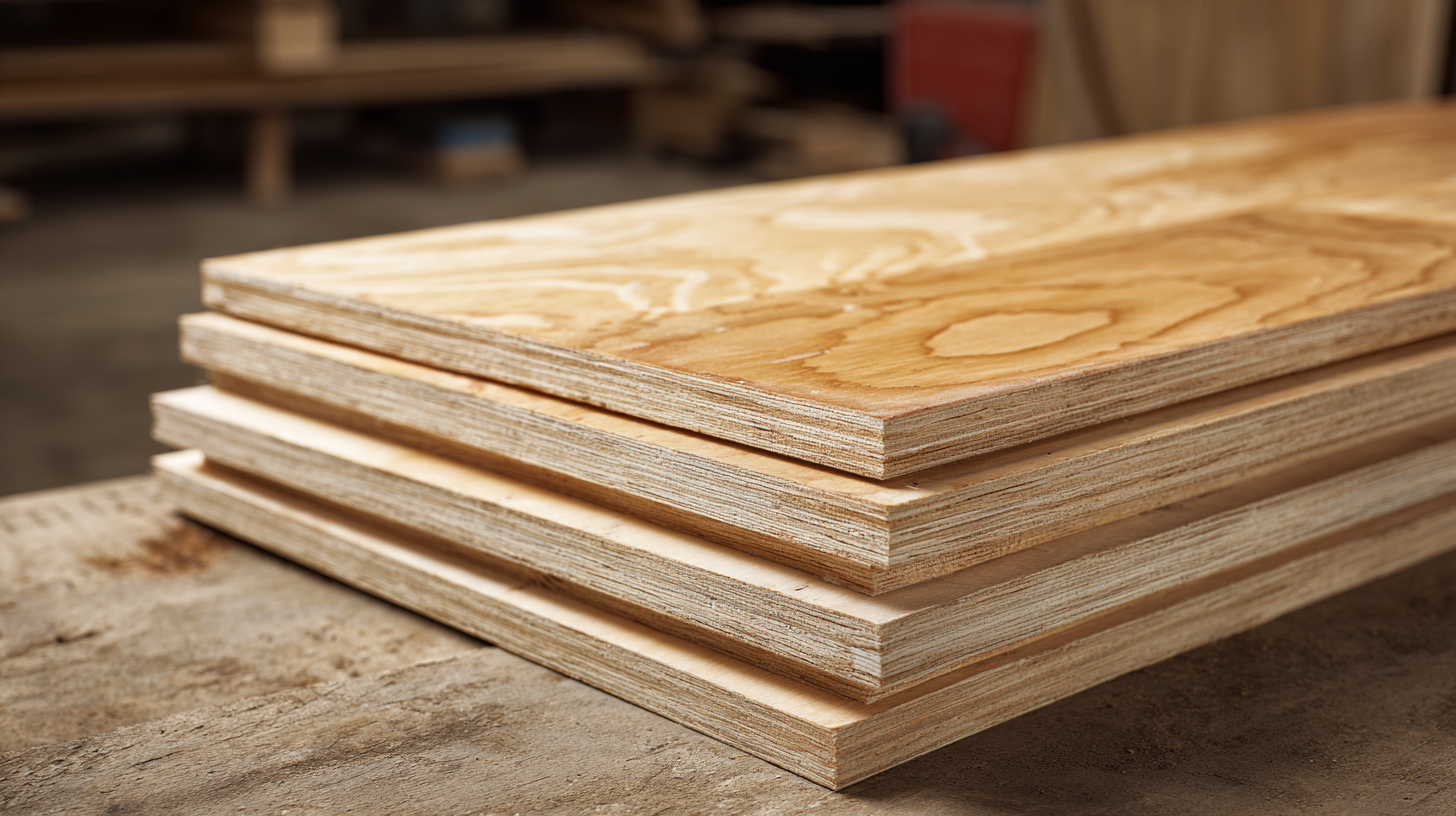
Plywood Direct refers to a method of sourcing plywood directly from manufacturers, cutting out the middleman and often reducing costs for consumers. This approach allows customers to access a wider variety of plywood grades and types, including marine-grade, hardwood, and softwood options. By purchasing directly, customers can also ensure that they receive high-quality products tailored to their specific needs. This direct relationship with suppliers can lead to better understanding of the materials and improved service.
One of the standout characteristics of Plywood Direct is its commitment to sustainability. Many manufacturers focus on eco-friendly practices, sourcing materials from responsibly managed forests and using adhesives that are less harmful to the environment. Additionally, buying directly can often lead to better customization options, as consumers can request specific dimensions or features that are ideal for their projects. This level of flexibility not only enhances the quality of the final product but also allows for greater creativity in design and construction.
Plywood Direct offers numerous advantages for construction projects that make it a smart choice for builders and designers alike. One primary benefit is its superior strength-to-weight ratio. Unlike solid wood, plywood is engineered specifically to withstand stress while remaining lightweight, making it easier to handle and install. This characteristic not only improves efficiency on the job site but also contributes to the overall structural integrity of the finished project.
Additionally, Plywood Direct provides remarkable versatility in design and application. Available in various grades and finishes, it can be tailored to meet the specific needs of each project, whether for flooring, walls, or cabinetry. The material is also cost-effective, allowing construction teams to stay within budget without compromising quality. With its resistance to warping and splitting, plywood ensures longevity, making it a reliable choice for any construction endeavor.
When it comes to selecting materials for your next project, a comparative analysis between Plywood Direct and traditional materials reveals compelling advantages. Plywood Direct offers a unique combination of strength, lightweight properties, and versatility that often surpasses traditional options like solid wood or particleboard. Traditional materials can be heavy and cumbersome, leading to increased transportation costs and challenging installation processes. Conversely, Plywood Direct is designed for ease of handling and installation, making it an excellent choice for both DIY enthusiasts and professional contractors.
Tips for Choosing Plywood Direct:
Ultimately, the benefits of Plywood Direct position it as a smart choice in many scenarios, saving you time, reducing costs, and enhancing the overall quality of your work.
Sustainability has become increasingly crucial in modern design, and Plywood Direct stands out as a leader in this movement. According to a report from the Forest Stewardship Council, certified wood products like plywood contribute to responsible forestry by ensuring that trees are harvested sustainably, preserving ecosystems while providing quality materials. Plywood Direct sources its timber from managed forests, which reduce wood wastage and enhance carbon sequestration, making it a favorable option for environmentally conscious projects.
Moreover, plywood itself is a highly efficient material, known for its strength-to-weight ratio and versatility. Research published in the Journal of Cleaner Production indicates that using engineered wood products like plywood can lead to a 30% reduction in carbon emissions compared to traditional materials such as concrete or steel. As contemporary architecture increasingly embraces eco-friendly solutions, choosing plywood from companies committed to sustainability not only supports responsible sourcing but also aligns with modern design ethos, pushing innovation while minimizing environmental impact.
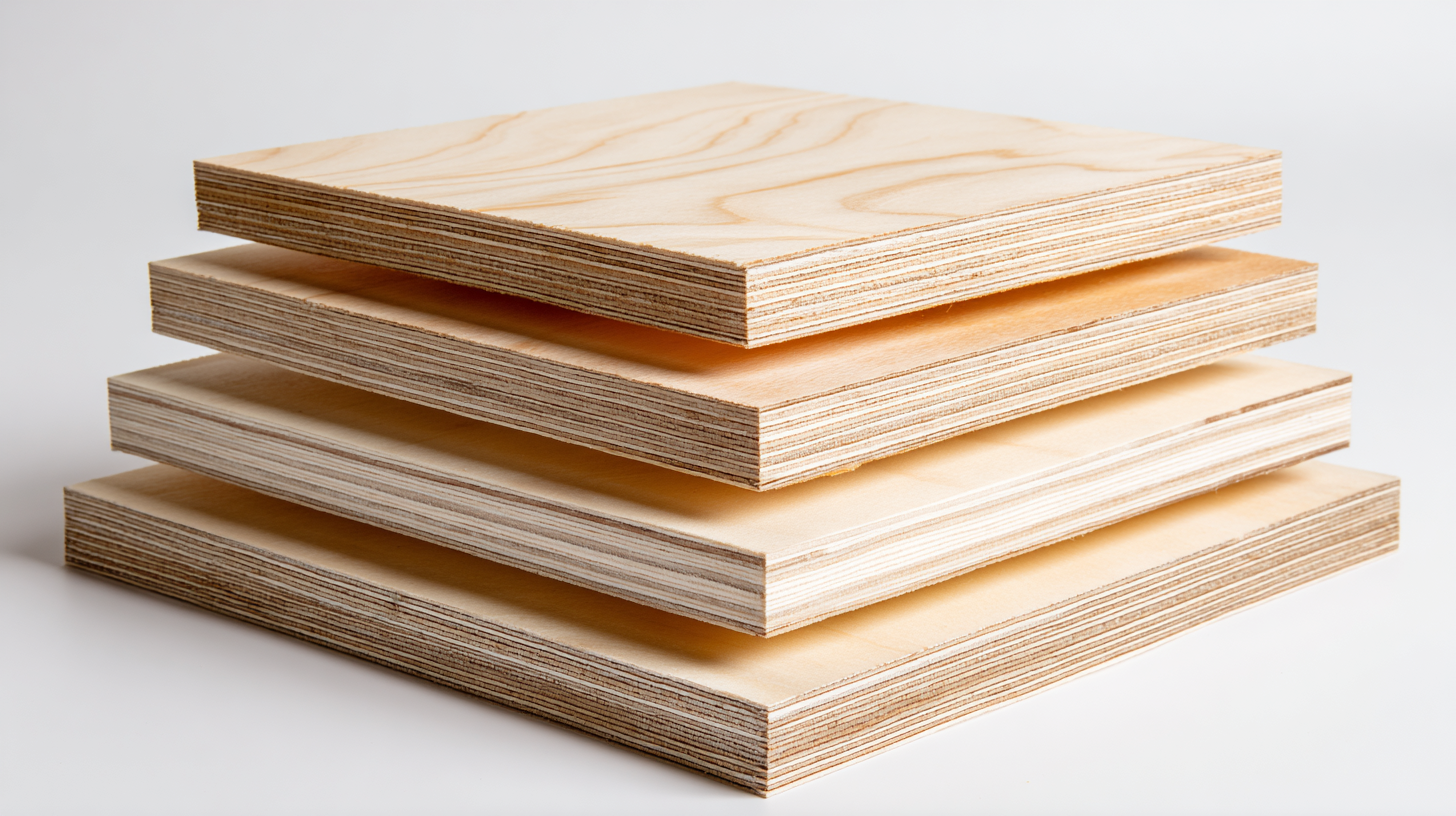
When it comes to budget-conscious building projects, plywood direct offers an unparalleled cost-effective solution. By purchasing directly from manufacturers or suppliers, builders can often bypass additional markups typically applied by intermediaries. This means that the savings can be passed down, allowing for a more flexible budget that can accommodate other necessary materials or even enhancements to the project. Moreover, plywood is a versatile material that can be used for various applications, from structural elements to beautifully finished surfaces, making it a smart investment.

Tips: When considering plywood direct for your next project, always compare prices from different suppliers to ensure you are getting the best deal. Additionally, look for bulk purchasing options, as many suppliers offer discounts for larger orders, further enhancing cost savings. Finally, don’t forget to check for any ongoing promotions or loyalty programs that could provide additional savings on your plywood needs.
Overall, the use of plywood direct allows builders to maximize their resources effectively. With its inherent durability and ease of use, plywood serves not just as a standout material but also as a strategic choice for budget management. Investing in high-quality plywood can ultimately lead to fewer replacements or repairs, making it a long-term cost-saving option for anyone looking to keep their project within budget.
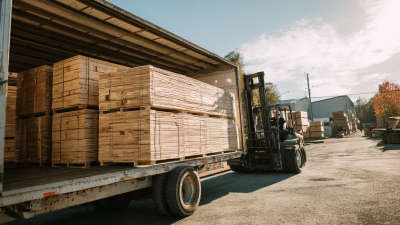

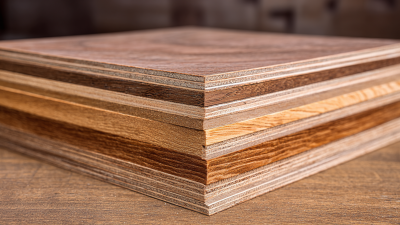
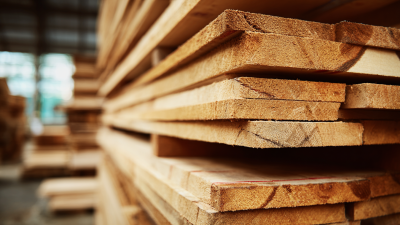



Signup our newsletter to get update information, promotion or insight.